‘City of Lies’ is a crime thriller film directed by Brad Furman from a screenplay adapted by Christian Contreras. It is based on Randall Sullivan’s book ‘LAbyrinth.’ It stars Johnny Depp, Forest Whitaker, Rockmond Dunbar, Neil Brown Jr., Xander Berkeley, and Shea Whigham in the lead roles. The plot follows LAPD Detective Russell Poole teaming up with a journalist to investigate and learn the truth about the murders of two globally popular rappers. The film’s late 1990s setting and many references to real-world people and organizations will certainly make the viewers wonder if the film is based on real incidents. We put on our detective hats and dug out the facts for you.
Is City of Lies Based On a True Story?
Yes, ‘City of Lies’ is based on a true story. The film is based on the non-fiction book ‘LAbyrinth’ written by Randall Sullivan based on his experiences and collaboration with former LAPD Detective Russell Poole. The book details the real-life investigations revolving around the murders of rappers The Notorious B.I.G and Tupac Shakur. It also deals with corruption in LAPD and its subsequent effects on Poole’s investigation.
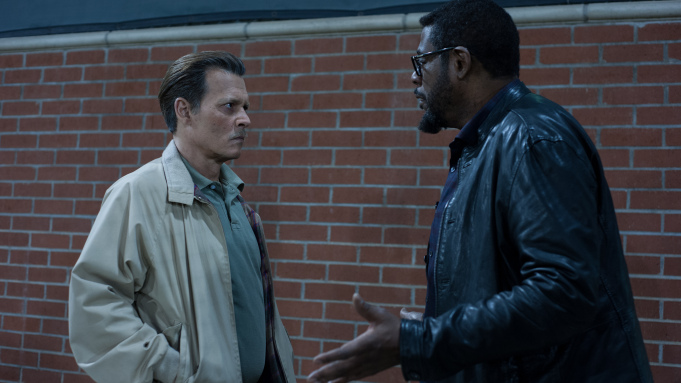
Christopher Wallace, better known as The Notorious B.I.G or Biggie, was a rapper from the New York rap scene who rose to fame in the early 1990s. Tupac Shakur (whose birth name was Lesane Parish Crooks), known by his stage name 2Pac, was a rapper and friend turned rival of Biggie from the West Coast hip hop scene. Their rivalry (famously known as the East Coast-West Coast hip hop rivalry) started in the wake of a robbery after Tupac was shot at 5 times in Quad Recording Studios in Times Square. Tupac, for reasons unknown, felt as though it was an inside job. He blamed his friends, including Biggie, who was in the studio that night.
Following this, Tupac interpreted Biggie’s song ‘Who Shot Ya?’ as an insult aimed at him. This was followed by Tupac taking shots at Biggie and his record label Bad Boy through his songs. The rivalry escalated in the following months and received widespread media attention. Unfortunately, on September 7, 1996, Tupac was shot at least four times in a drive-by shooting by an unidentified assailant in Las Vegas, Nevada, and was immediately rushed to a hospital. Tupac died six days later in University Medical Center of Southern Nevada.
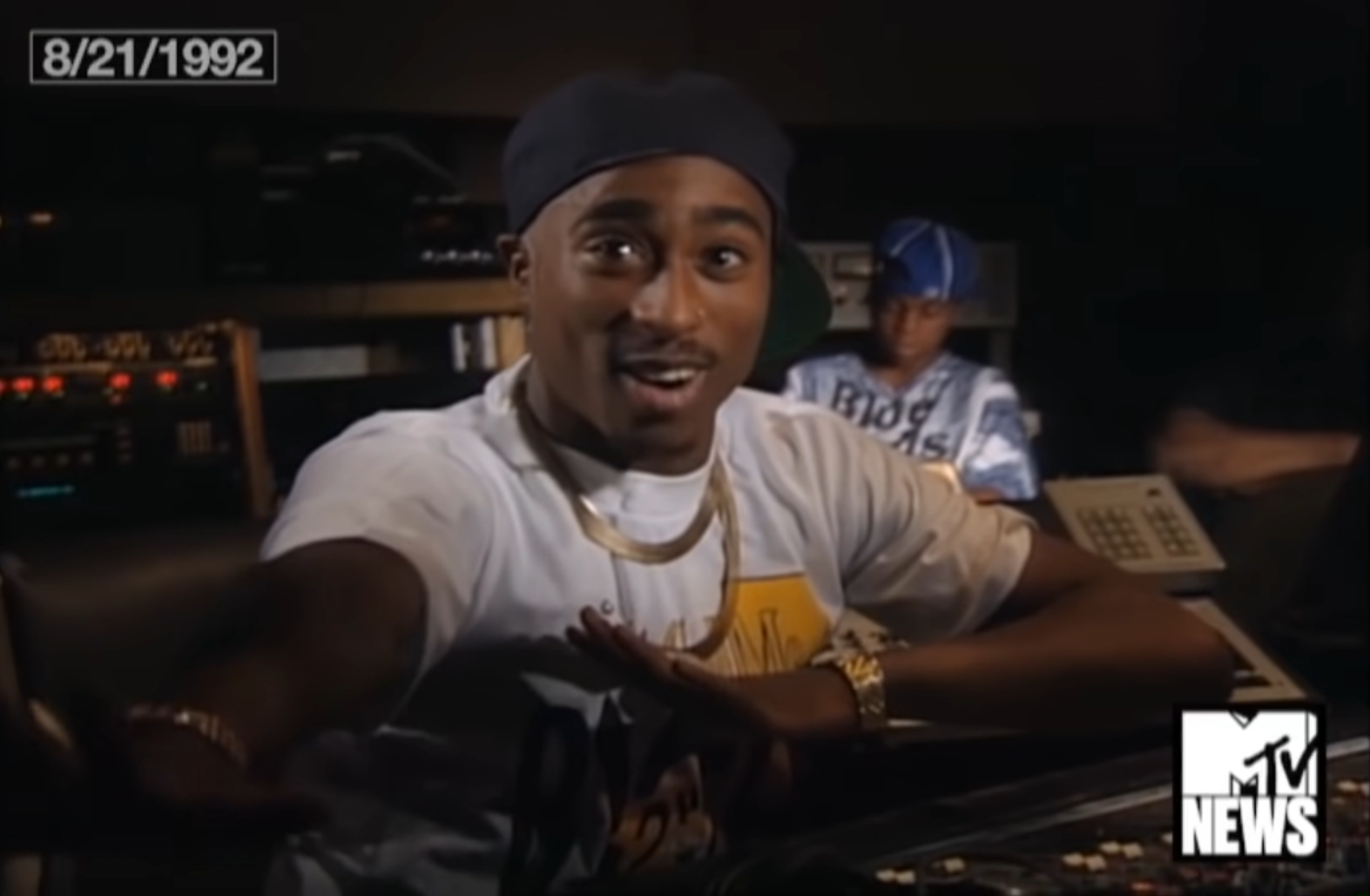
MTV News, YouTube
In the months after Shakur’s death, Biggie was continually suspected of his murder; however, no evidence surfaced that directly linked him to the case, and Biggie personally denied his involvement. Then, on March 9, 1997, Biggie and his entourage, including Bad Boy Records CEO Sean Comb, were attending the after-party of the Soul Train Music Awards at Petersen Automotive Museum in LA. The group left the venue at 12:30 am, and Biggie’s truck was stuck in traffic not more than 50 yards from the museum.
A dark Chevrolet Impala pulled up alongside Biggie’s vehicle, and the driver fired multiple shots at Biggie through the window, four of which hit him in the chest. Biggie was rushed to the Cedars-Sinai Medical Center, where he died shortly after arriving. Russell Poole was a highly decorated Los Angeles Police Department officer and investigated many high-profile cases during his career, including being involved in the Rampart investigation. That investigation was connected to the murder of Kevin Gaines, an LAPD officer with ties to Death Row Records, which Tupac was associated with.
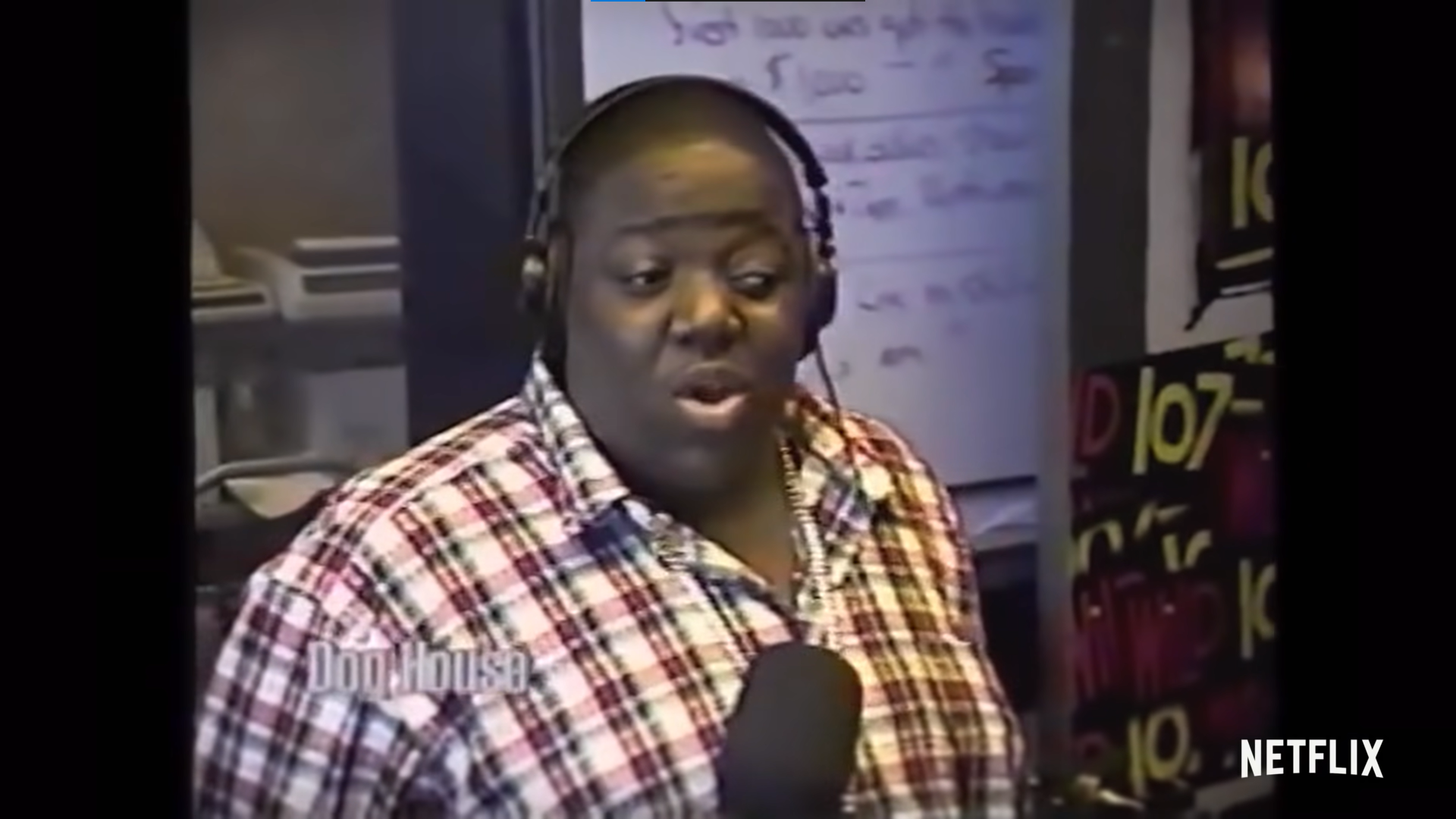
Biggie’s murder case landed in Poole’s hands after the Wilshere detectives suspected a link between Gaines and the rapper’s homicide. After months of investigation, Poole alleged that LAPD officer David Mack and his friend Amir Muhammad, a.k.a. Harry Billups, were connected to Death Row Records and its CEO, Suge Knight. An informant reportedly revealed that a man named Amir was the first person to meet Mack after he was arrested for an unrelated crime.
Based on the facial composite of the assailant, Amir Muhammad was considered a prime suspect. Through interviews with police officers, Poole determined that Gaines and Mack were close confidants of Suge. Poole had stated that upon reporting his findings to his superior, Bernard C. Parks, he was asked to cease all investigation on David Mack. Poole resigned from the LAPD in protest of this move.
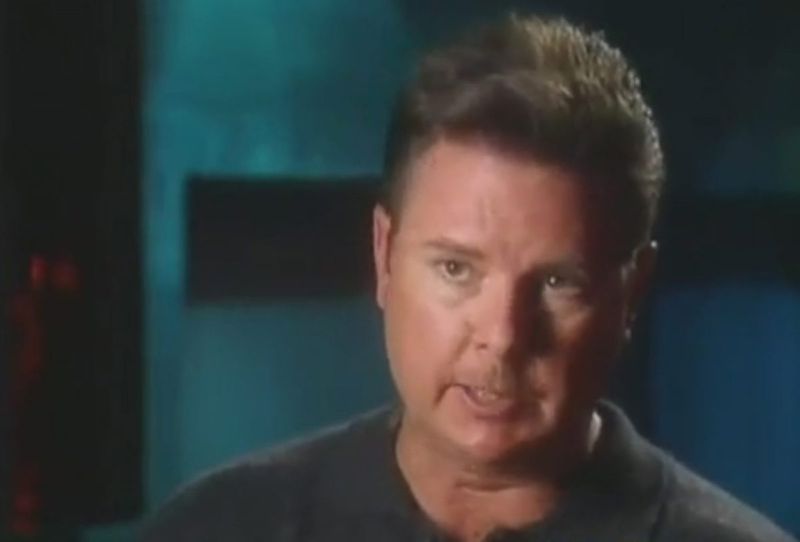
Muhammad’s name was cleared from the case due to the mental condition of the witness who had identified him. Both the murders of Biggie and Shakur remain unsolved to date, and all evidence has been deemed circumstantial. The popular theory during Poole’s investigation was that Knight had Shakur killed to stop him from leaving his record label and then also ordered the killing of Biggie to avoid suspicion.
Like Sullivan’s book, the film builds on this theory and details how the apparent corruption within the LAPD affected the investigations of both murders. ‘City of Lies’ is largely based on Russell Poole’s accounts and the information he revealed to Sullivan about the investigation. Therefore, perspectives on the matter may be slightly different compared to the film’s depiction of the events. However, the plot is largely based on the true story of the murders and their investigations.
Read More: Where Was City of Lies Filmed?

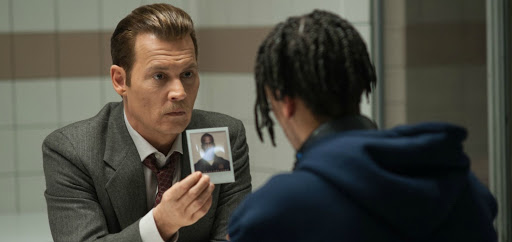
You must be logged in to post a comment.